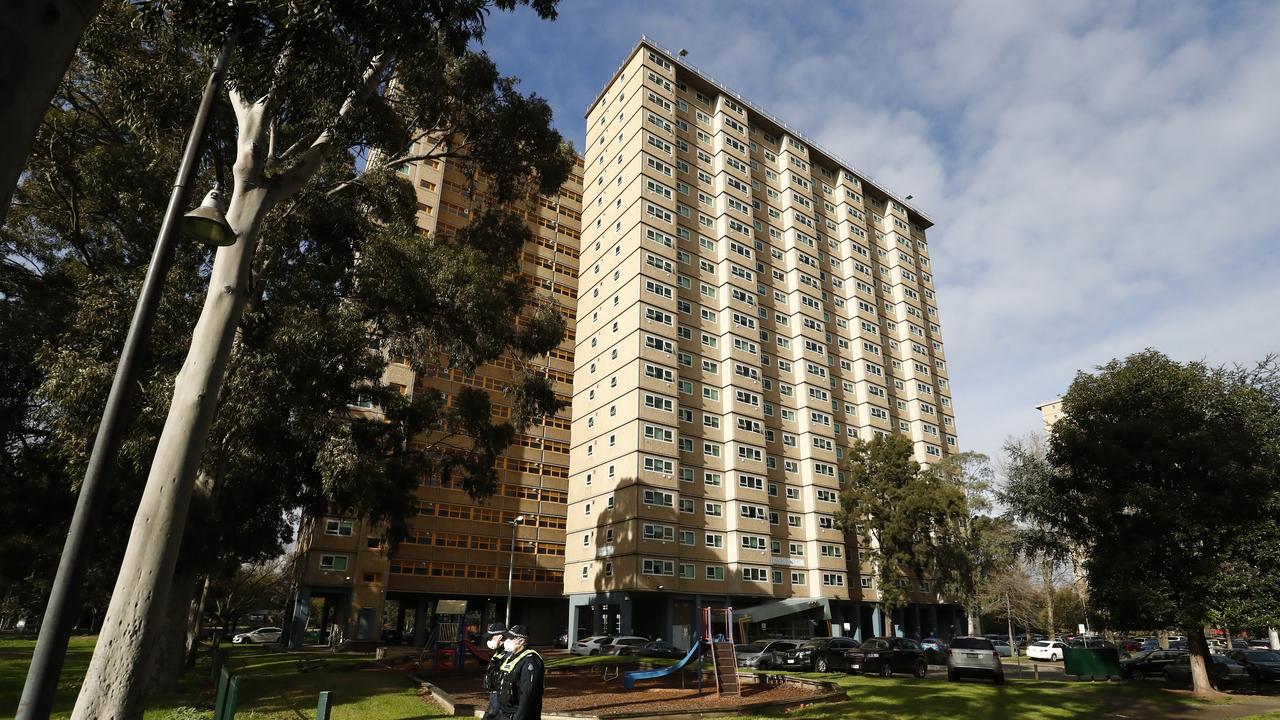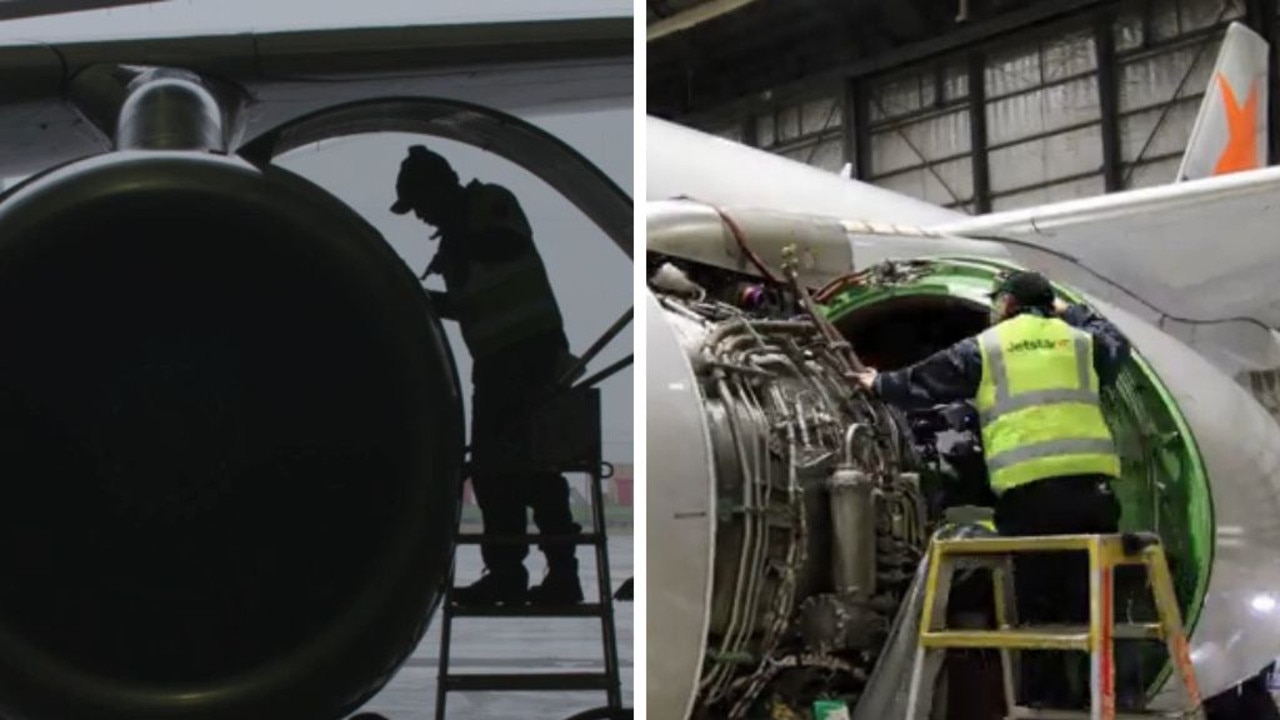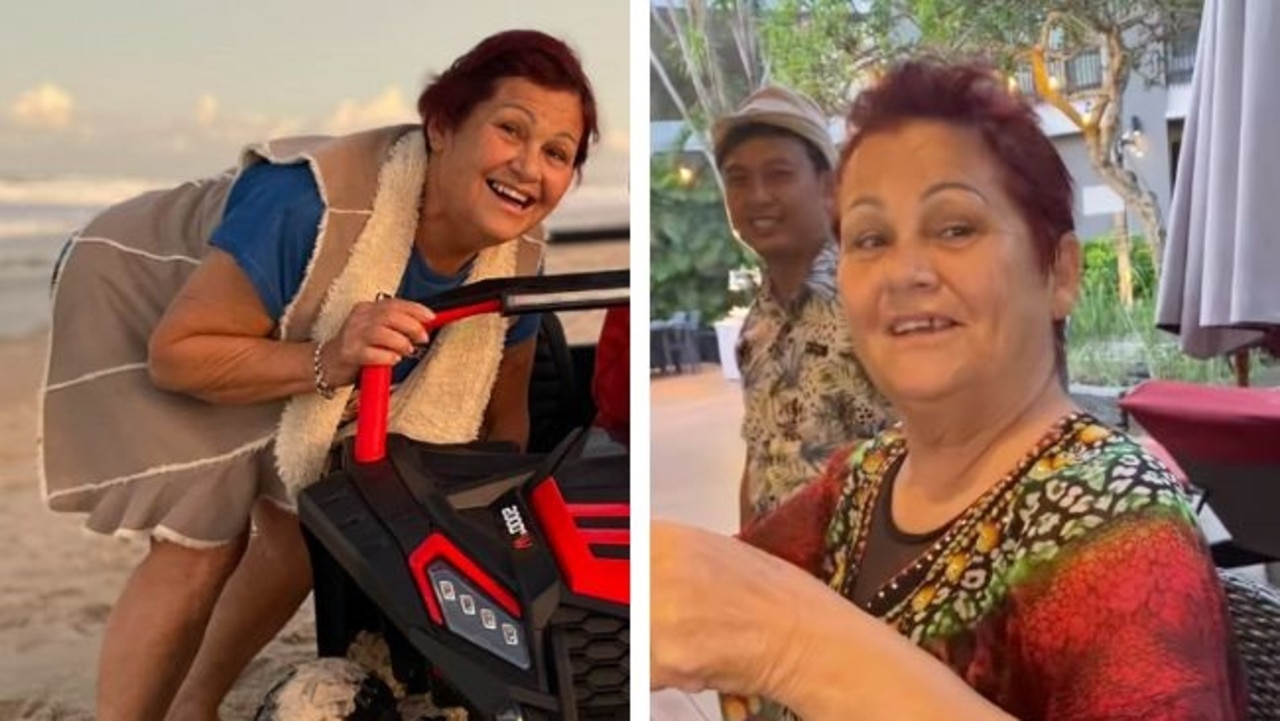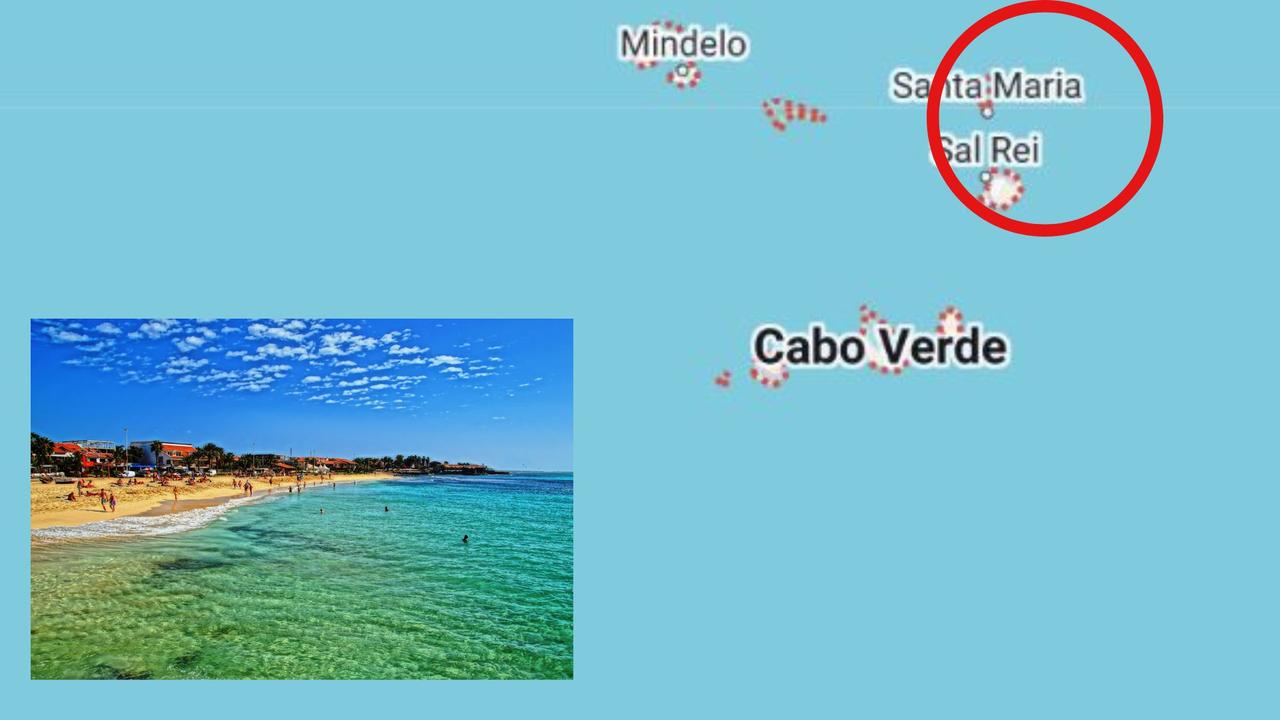NSW, Victoria border could be shut for weeks amid coronavirus spike
Hundreds of police officers are on their way to the NSW-Victoria border where Victorians will be stopped from crossing at midnight tonight.
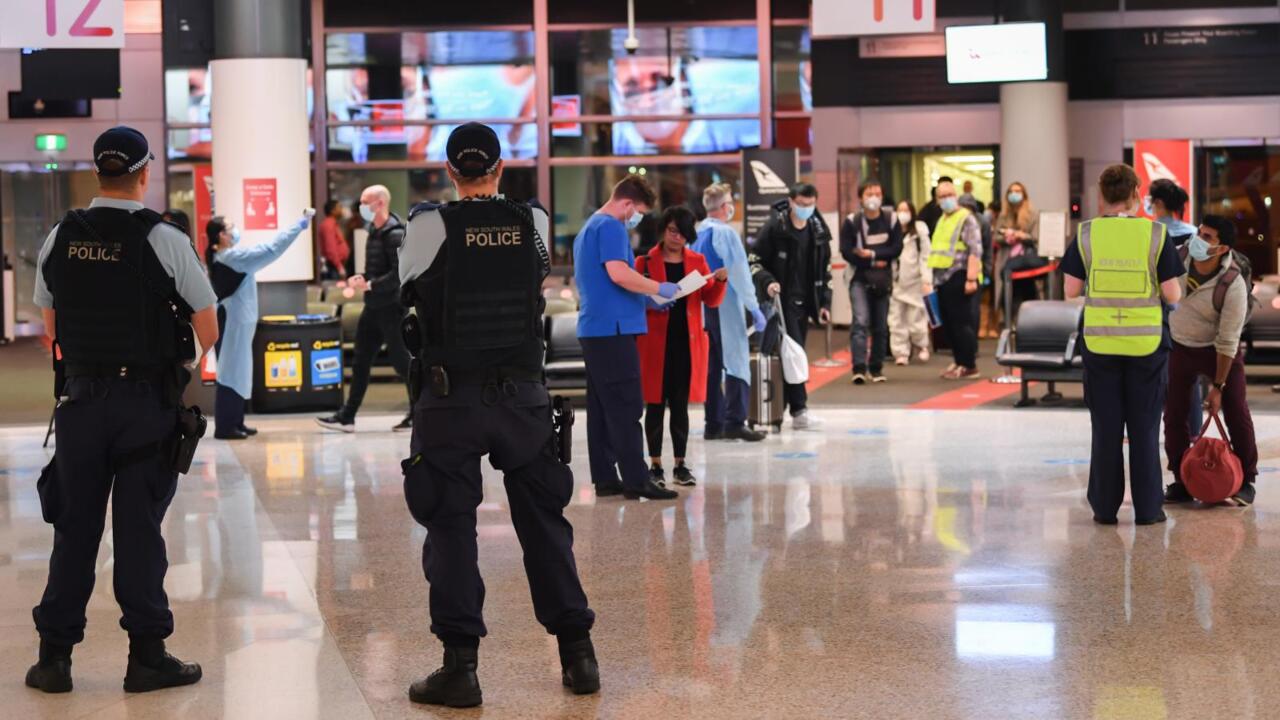
NSW police will issue fines of $1000 to people from Victoria who attempt to enter NSW without a special permit after the state line is shut at midnight tonight.
About 650 NSW police officers and a further 100 Australian Defence Force personnel are on their way to the NSW-Victoria border ahead of the historic border closure.
From midnight, Victorian residents cannot enter NSW unless they are an essential traveller with a permit. Truck drivers and emergency workers will be allowed to cross.
NSW Police Commissioner Mick Fuller said police would issue on-the-spot fines of $1000 to those who break the rules.
RELATED: Border shutdown to cripple Australia’s richest flight path
“Police will have powers to demand details from police. They’ll have powers to turn people around at the border. We’ll have powers to issue a fine, on-the-spot fine or charge people, and they could be liable to an $11,000 fine and six months’ imprisonment,” he said.
“There’s a significant fine for falsifying information.”
NSW residents have been urged to avoid travelling to Victoria due to the worsening virus outbreak but will not be stopped if they attempt to cross the border. But from midnight, NSW residents returning from Victoria will have to self-isolate for 14 days.
Victorian residents will be stopped and questioned if they try to enter NSW.
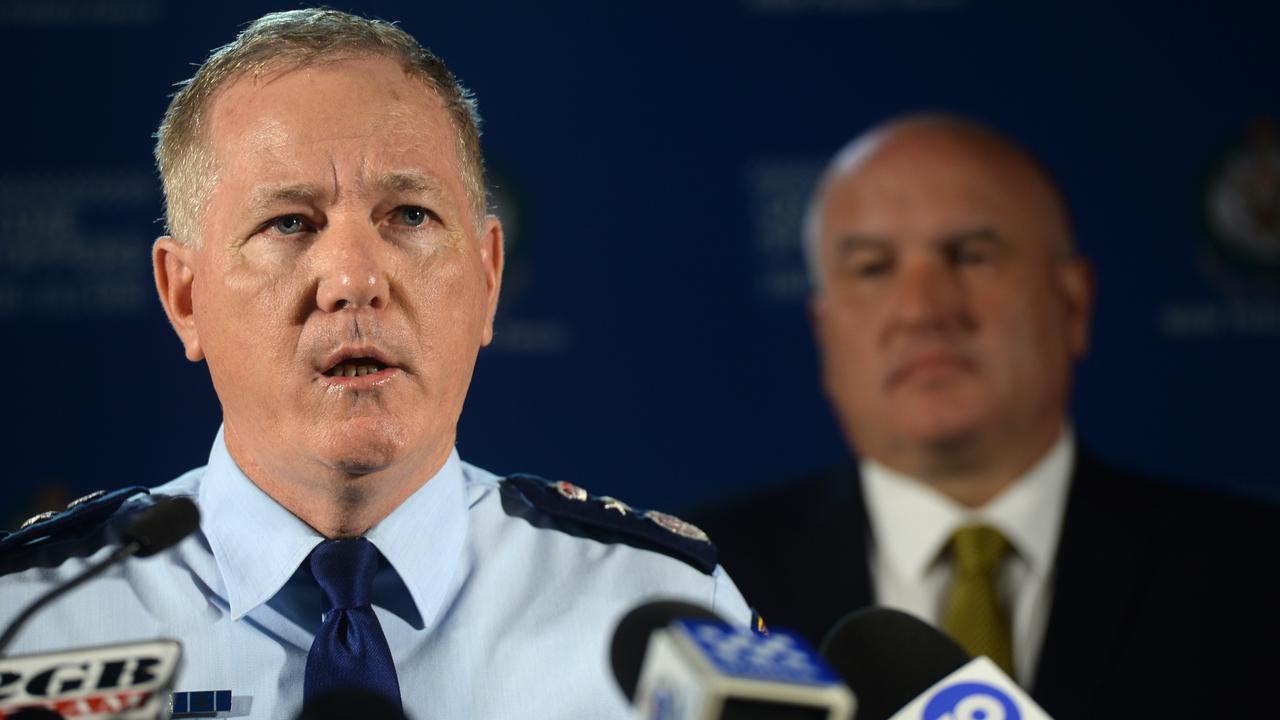
FIVE KEY ROADS
Mr Fuller said the majority of police resources would be dedicated to five primary border crossings: Wodonga Place, South Albury; Hume Hwy; Cobb Highway; Sturt Hwy, Bongara; and the Princes Hwy.
“These are the five primary crossings where there’ll be enormous amounts of resources, not just police, but defence, and transport, and National Parks and Wildlife to ensure that you can cross as easily as possible,” he said.
There are close to 50 other roads, including dirt tracks, that will also be patrolled.
NSW Police Minister David Elliott said the border could be shut for weeks and conceded the first 72 hours would be “challenging”.
“People will be confused, communities will be upset, local businesses will be interrupted. But what we’ll always do as a government is to minimise the burden,” he said.
“Minimise the burden to the economy, minimise the burden to people who have loved ones on either side of the border, and obviously, always work towards making sure we can get a return to normal life.”
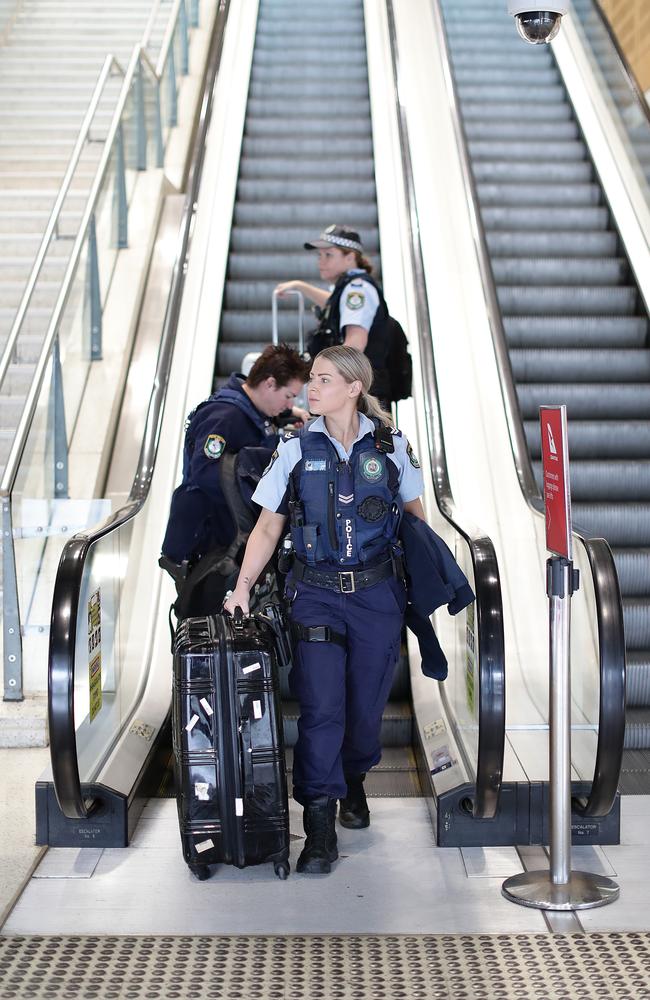
FEAR OF NEW CASES ‘SLIPPING IN’
Earlier, NSW Premier Gladys Berejiklian sought to silence fears about new virus cases coming in from Victoria.
Asked whether she was worried about new cases “slipping in” before midnight tonight, she said: “Well, you can’t cross the border freely. Until midnight tonight, we‘ve imposed an extra restriction on Melburnians so nobody from Melbourne or its surrounds can cross the border today.”
Ms Berejiklian told the Today show the purpose of leaving an extra 24 hours before the restrictions come into effect was to allow regional Victorians to cross the border.
“We appreciate there are people who might live on either side who want to get back home and base themselves in their home state,” she said. “That‘s why whenever you make the announcement, you do need to give some time for people to make those adjustments because we don’t know how long the border’s going to be closed for.”
The Premier stressed that there was “no evidence” of widespread community transmission in NSW.
RELATED: Follow our live coronavirus coverage
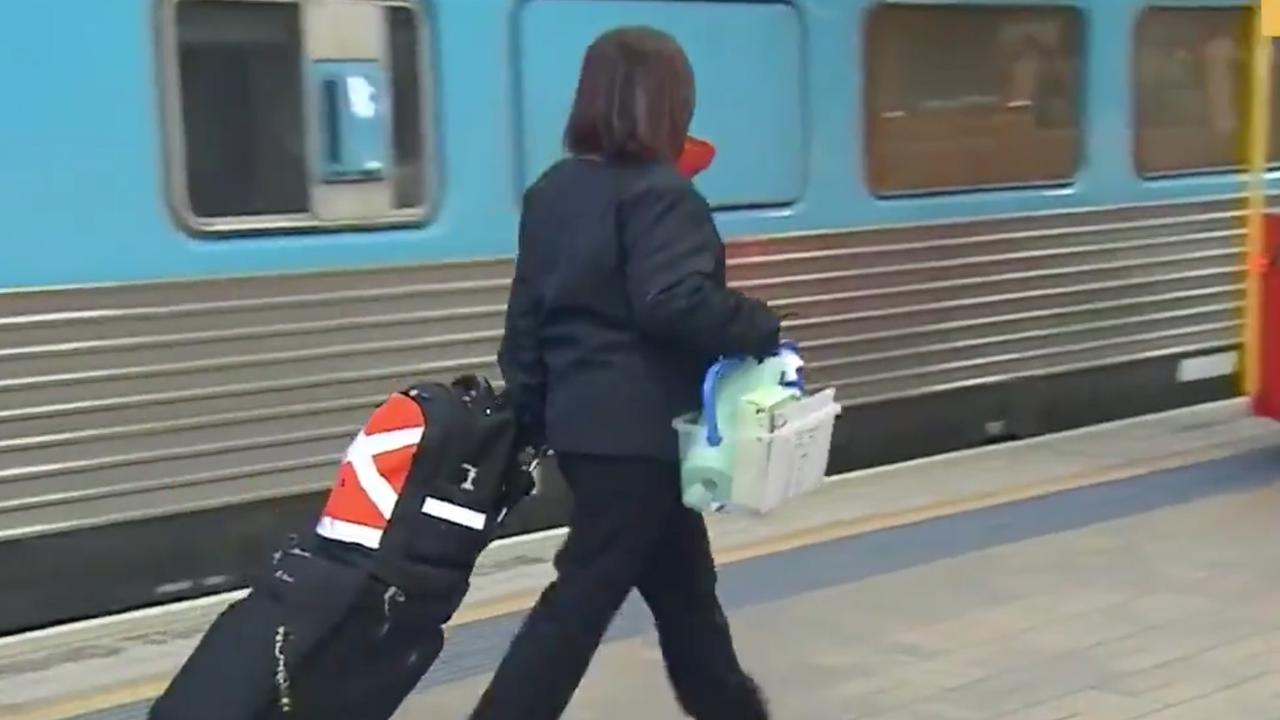
The last Melbourne-to-Sydney XPT train arrived at Sydney’s Central Station at 7am this morning, while the last Sydney-to-Melbourne train left yesterday evening.
The 75 people who arrived in Sydney on the last train were brought out carriage by carriage, and walked into a cordoned off area to have their temperatures checked and details taken for contact tracing.
It comes after Nationals Senator Bridget McKenzie said she was concerned regional communities would be hit the hardest by the recent decision to close the NSW-Victoria border tonight.
With South Australia also having aborted plans to re-open its borders, from midnight tonight’s Victoria’s population of 6.3 million will be locked in.
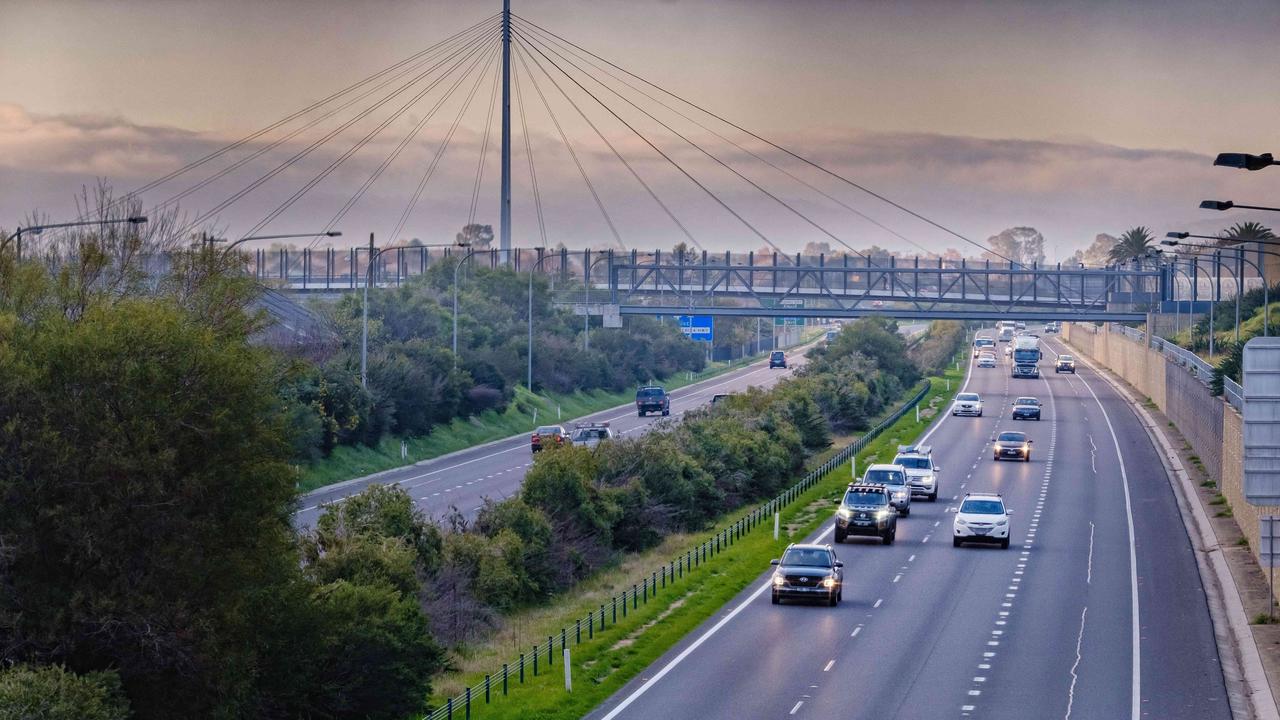
There will be exemptions for residents in border communities who will still need to cross state lines for work or health reasons.
But Senator Mackenzie told Sky News there was considerable “anger and confusion” over the announcement.
“We have a community of 100,000 people between Albury and Wodonga,” she said.
“We share a workforce, we share education system and a health system – for instance you can only have babies here in Wodonga – and it begs the question, where does a new mother go when she heads back to Albury, does the father have to quarantine?”
“There’s a lot of confusion and anger around a community that really sees itself as two cities, one economy, and one community,” she added.
Senator Mackenzie said that since the outbreak was confined to Melbourne, it would have made more sense to lock down the city and leave the regions alone.
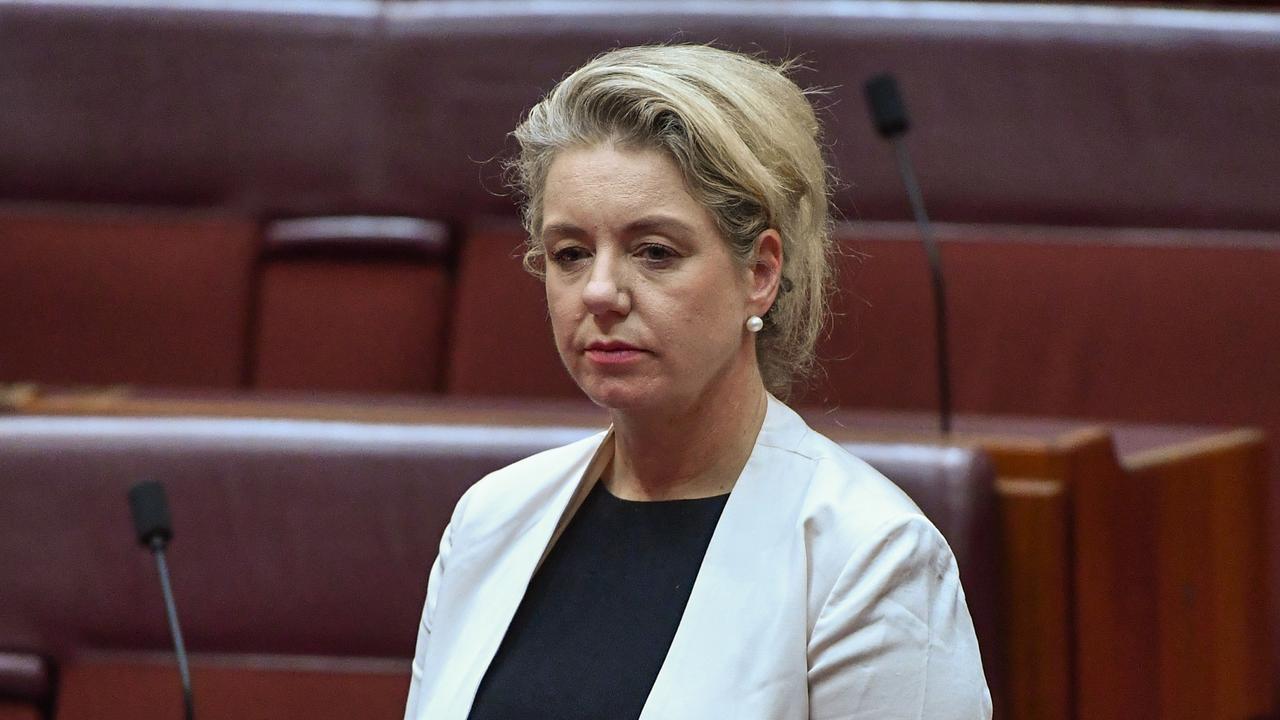
Victorian Premier Daniel Andrews said the decision to close borders between Australia’s largest states followed a phone call with Prime Minister Scott Morrison and NSW Premier Gladys Berejiklian.
People who live on the border will be eligible to receive a special permit to travel across the border for work.
It’s the first time the border between the two states has been closed in 100 years, showing the level of anxiety about the potential spread of the virus from Victoria into NSW.
The closure will be enforced by NSW authorities to avoid draining Victorian resources committed to fighting the surge of cases across the state.
Police forces said drone technology would be used to assist in implementing the closure.
Victoria enacted a “hard lockdown” on nine public housing towers in Melbourne – effectively confining 3000 people to their homes – after a cluster of cases were found.
Residents in at least 36 suburbs deemed to be “hot spots” were put into a separate lockdown, but can still leave home for work, school, exercise and essential shopping.
RELATED: Australia risks echoing Singapore’s fate
